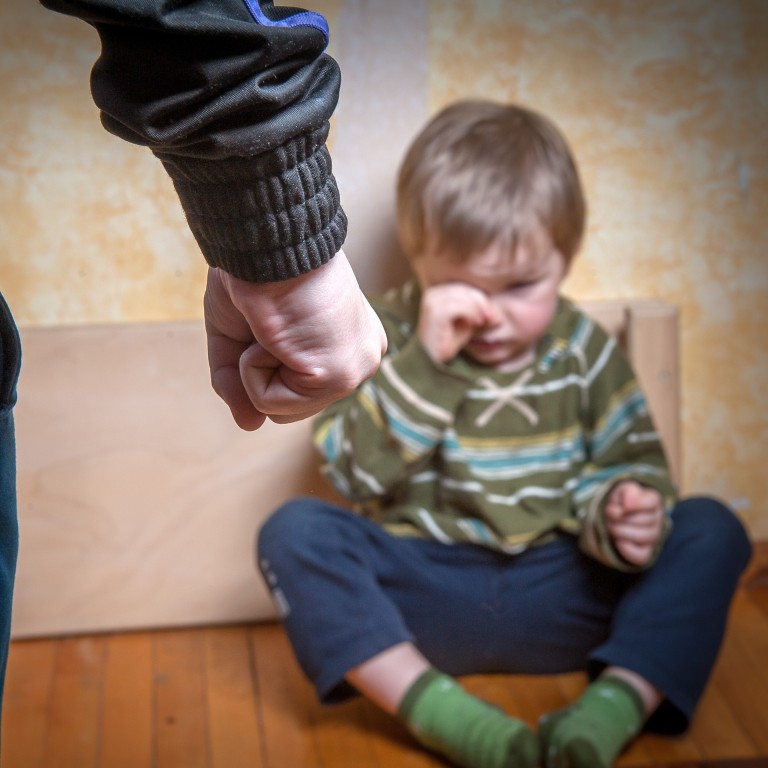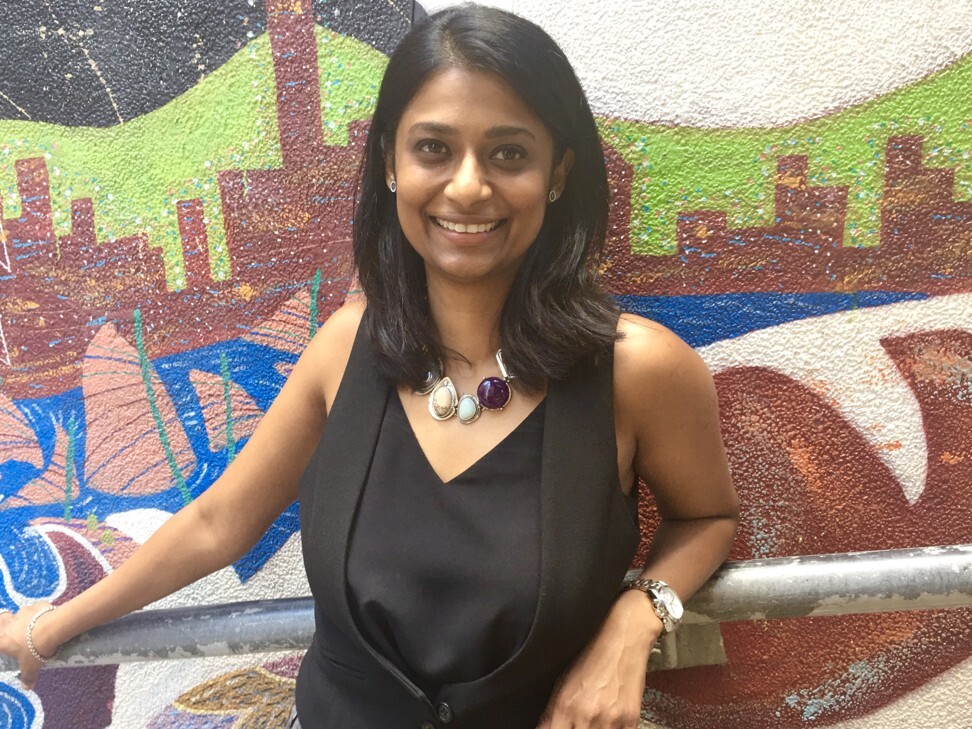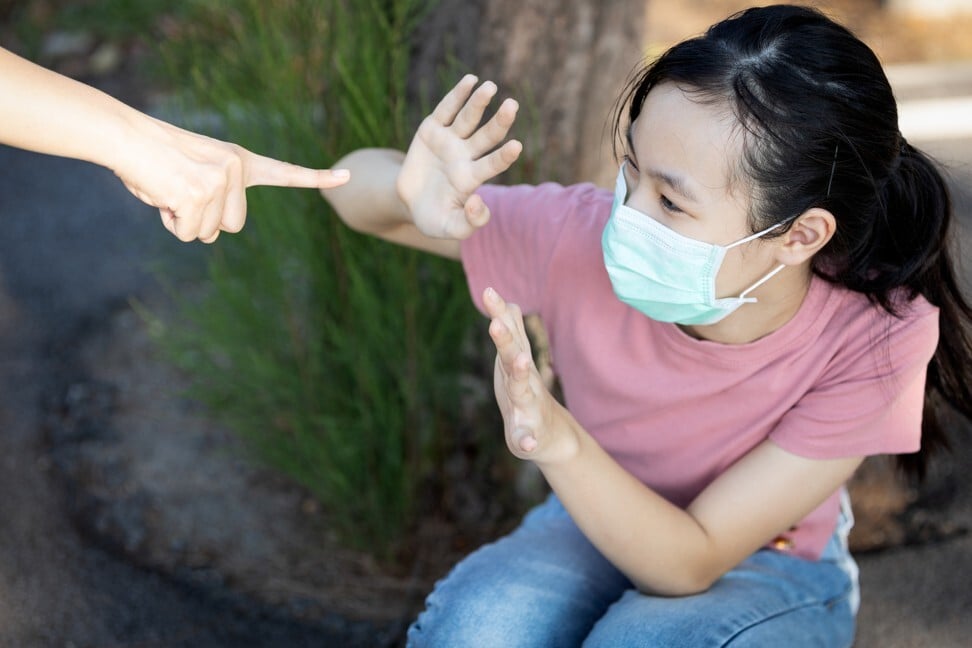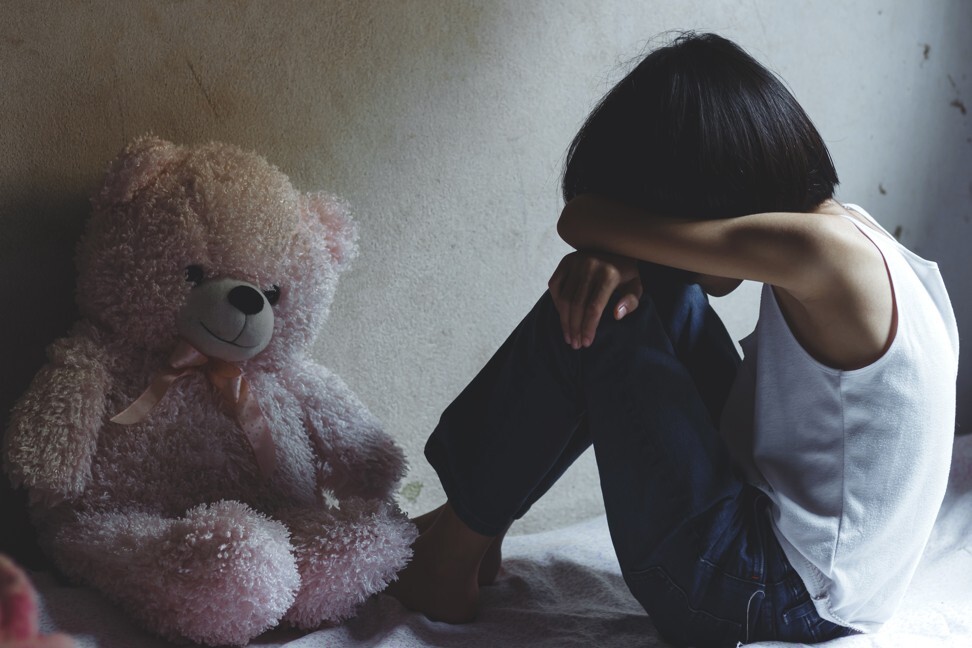
Child abuse in Hong Kong escalating as pandemic sees children and stressed parents spending more time at home, expert says
- Issue is made worse by vulnerable children separated from schools and social support systems, says Vanessa Hemavathi, board chair of Help for Children Asia
- Children are being left in the care of people with little training or authority, while increased exposure to pornography is a major concern
Child abuse in Hong Kong is escalating as stressed parents – many who have lost their jobs – spend more time at home because of the Covid-19 pandemic, says Vanessa Hemavathi, board chair of Help for Children Asia, the Hong Kong affiliate of global foundation HFC that’s on a mission to prevent child abuse.
Adding to the problem, Hemavathi says, are vulnerable children separated from schools and social support systems. “People are trapped in their houses and they’re frustrated.”
One of the main tasks of Help for Children Asia is determining which child abuse prevention and treatment organisations in Hong Kong are allocated funds raised through HFC grants. In the past 22 years, the foundation has distributed more than US$53 million to various child-protection groups globally.
Research from Hong Kong’s Child Protection Registry makes for depressing reading, Hemavathi says: for every reported child abuse case in Hong Kong, 99 go unreported. In 65 per cent of cases, the parent was the abuser.

While abuse cuts across socio-economic, racial and religious lines and is widespread – the World Health Organisation estimates one in four children experience some form of abuse – Hemavathi says some cases have a cultural context.
“When I was teaching in Singapore, where I was born, I saw first-hand cases of abuse – parents screaming at their kids and telling them they are stupid,” she says.
Childhood trauma is complex – but understanding it can help
“Some parents think it’s normal to yell at their children, to make comments like ‘you’re useless’ and ‘you’re not smart enough’. They don’t realise the psychological effects it has on a child, so a lot of education is needed for parents.
“In Hong Kong, 69 per cent of [reported cases of] abuse is emotional abuse, and while it varies from country to country, the conclusion is the same – the effects of emotional abuse are long-lasting.”
Since 1994, children in Hong Kong – defined as under 18 – have been protected under the United Nations Convention on the Rights of the Child, meaning they are protected “from all forms of physical or mental violence, injury or abuse”.

While corporal punishment, such as slapping and spanking intended to cause physical pain, was legally banned in schools in 1991, the law does not include homes.
Last year, Hong Kong non-government child protection agency Against Child Abuse surveyed 333 parents and 216 children, and found 55.5 per cent of parents used corporal punishment on their children, while 50.5 per cent of children said they had been punished in this way.
Of those children, 14.7 per cent reported that they had been punished simply because their parents were in a bad mood, while an alarming 76.9 per cent under 12 did not know the reason for their punishment. Of that number, 69.5 per cent of the children thought the physical punishment had affected them negatively.
Some children are isolated at home with physically, sexually, or emotionally abusive or neglectful family members, disconnected from the safe adults they might usually turn to
Clifton Emery, associate professor of social work and social administration at the University of Hong Kong, says as well as physical, sexual and emotional abuse, one area that is on the rise but often under-reported is neglect – repeated lack of attention to a child so the child’s health or development is endangered.
He says the problem has become more widespread during the pandemic, with children left in the care of people with little training or authority.
“With schools closed [Hong Kong schools reopen in phases from September 23], many of the city’s working poor can’t stay home to look after their children and can’t afford child care, so they leave their children with underqualified carers,” Emery says. “This poor care not only leads to maltreatment but also malnutrition and lack of content monitoring when children are online.”

Increased exposure to pornography is a major concern, says Alia Eyres, chief executive officer of Hong Kong charity Mother’s Choice.
“Some children are isolated at home with physically, sexually, or emotionally abusive or neglectful family members, disconnected from the safe adults they might usually turn to,” she says.
“Children spending more time online have greater exposure to sexually explicit material, and demand for child pornography is increasing.”
Eyres says the closure of courts due to the pandemic has also led to a delay in important decisions about children’s safety.

The support networks available
Against Child Abuse (ACA): ACA investigates and assesses reports of child abuse and provides follow-up services including child protection, crisis intervention, counselling, therapy, and prevention and training.
End Child Sexual Abuse Foundation (ECSAF): Founded by actress and child psychologist Josephine Siao Fong-fong, this Hong Kong foundation focuses on child sexual abuse, largely on prevention and education.
Hong Kong Society for the Protection of Children: Provides emergency crèche services, as well as nursery schools, children and family services, and interventions to prevent abuse and neglect.

